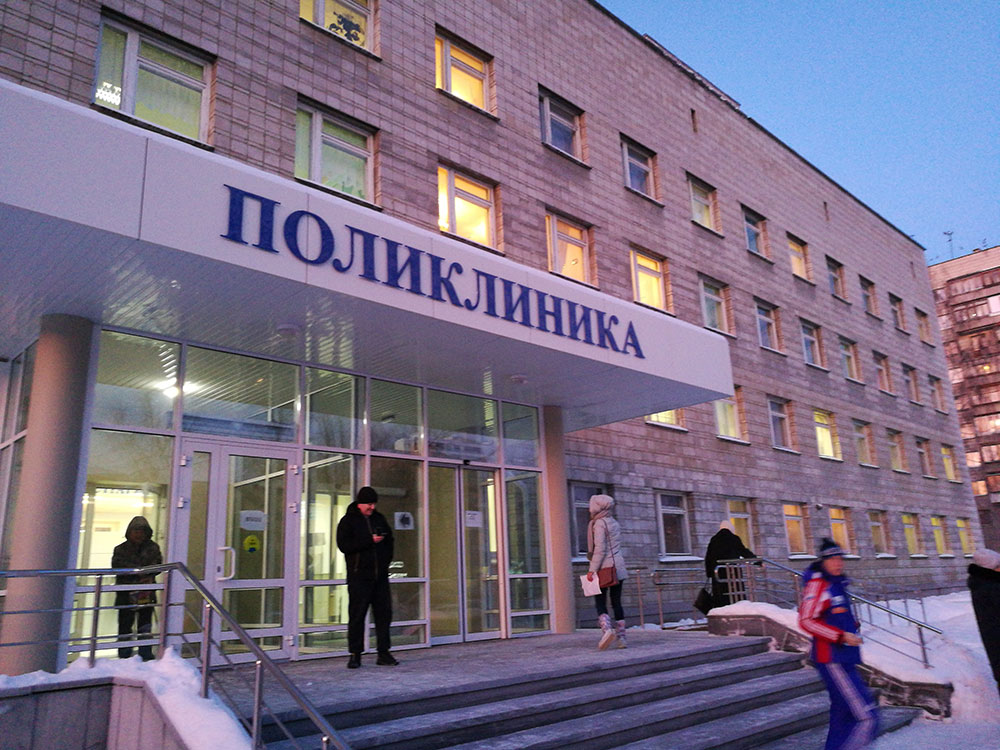The following bilingual Russian MiniLesson is meant to build your vocabulary by providing Russian phrases within English text. Hover over the bold Russian to reveal its English translation.
Hopefully, students coming abroad will not often face sudden , but occasionally this might happen, and they may have to . In this case, they need and . Often, a first visit to the doctor starts with seeing a .
In a the is usually first posed with the question The patient can say , and then elaborate – , or or perhaps the patient will have something that often affects people who have just traveled long distances and arrived in a new country and say, Other ailment that affect travelers can include depression and insomnia. The patient can then say .
The doctor will and will usually .
, the doctor can prescribe . , is often prescribed. Russian doctors often treat depression with , but sometimes and/or too.
Medicine often has to be taken or . Most medicine is regimented as well, for example, .
If a person has , he/she can be recommended to try such as and other , such as .
Russian people have elaborated many for different diseases.
For example, to treat insomnia and depression, is boiled and drank (one teaspoonful in a glass of water) to give the patient a deep and restful sleep. Motherwort can be to calm people before exams or other important events. It has no .
All doctors are aware of such natural , such as , , , and . Also, some such as , , and act as . One has to either add them to one’s dinner or to prepare from them.
For treating a sore throat, Russians often make a . The simplest of these contains 1 teaspoonful of salt per glass of water and two drops of iodine. One can also boil herbs – sage or – and gargle every 30 minutes. Other sore throat remedies include vodka, vodka with pepper, and hot milk with honey (two tablespoons of honey per glass of milk).
To treat a headache, folk wisdom says that you may crumple a fresh and affix it to your forehead or temples with a bandage. Cabbage is rich in calcium ions that will normalize the blood vessels under the skin, causing many types of headaches to be alleviated.
For treating diarrhea, one can dissolve two or three small crystals of in a half liter of water to produce a dark pink, but not violet, solution. One glass is drank in the morning and another at night. After taking the solution one or two times, the patient is usually cured.


